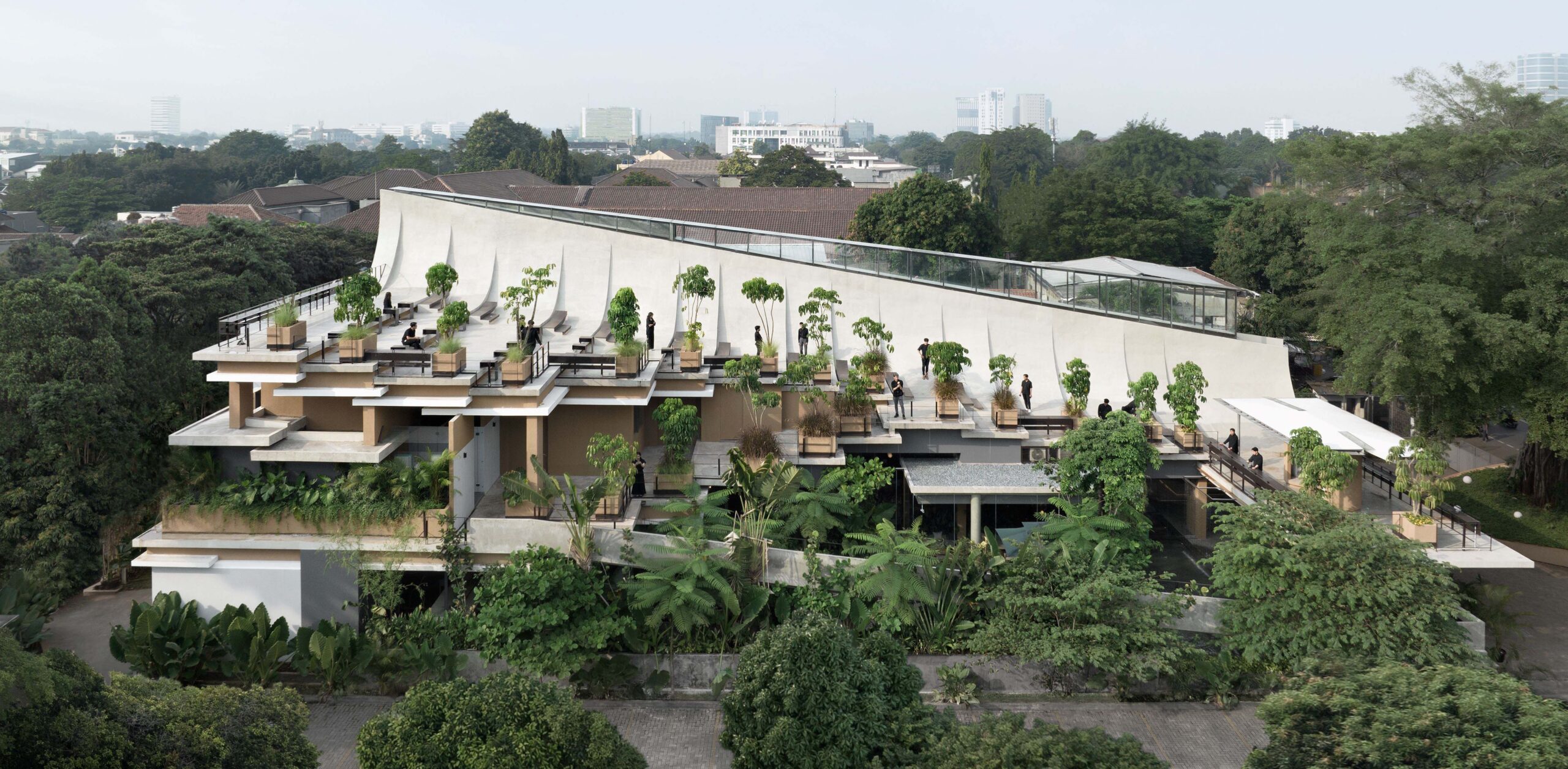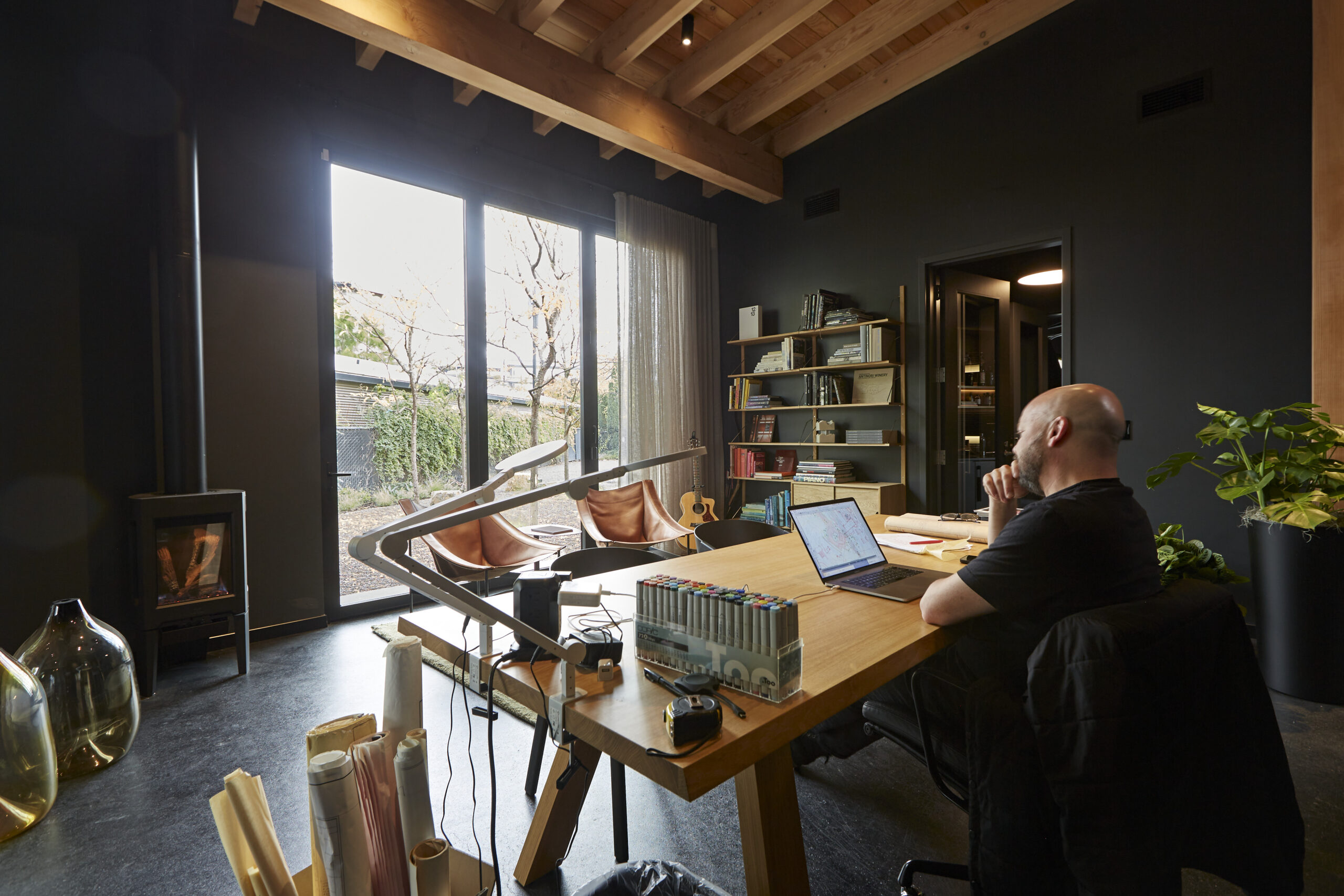Touchless Precision and the TOF Sensor Revolution in Public Spaces

 Courtesy of Fontana Showers
Courtesy of Fontana Showers
In recent decades, a quiet revolution has reshaped how we interact with the objects and systems in our daily lives. What once required cranks or rotary mechanisms, and later the press of a button, is now giving way to experiences that are increasingly fluid, intuitive, and touchless. This shift is evident in public restrooms, where minimizing physical contact promotes better hygiene and reduces the spread of pathogens. It also reflects a broader change in paradigms of comfort, accessibility, and efficiency. Touchless devices, once restricted to isolated applications in hospitals, airports, or corporate buildings, have become standard in projects that prioritize user experience and sustainability.

















































